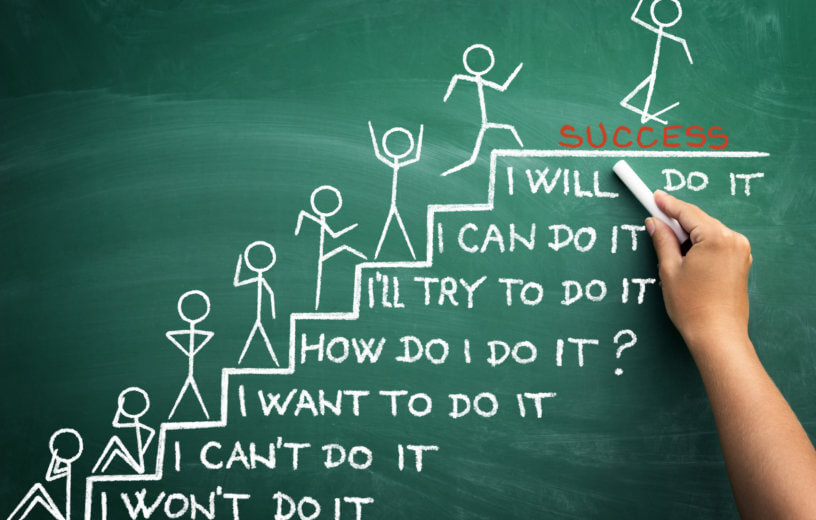LONDON — We all have a few goals that have been lingering on our to-do list for far too long. Learn a new language, find time for that new hobby, or perhaps just get around to cleaning out the garage. In an ideal world, all of our ambitions would come to us easily, affordably, and quickly, but reality rarely cooperates. In pursuit of more efficient goal achievement, researchers at Queen Mary University of London say they’ve uncovered the secret to successfully meeting our hopes and aspirations.
The study identified two integral aspects to achieving a lofty goal. First, one must realistically consider the effort that will be necessary to achieve their goal before getting started. When many first formulate a goal to achieve in the future, their mind largely focuses on the reward waiting at the end of the road. That’s why, when it comes time to bunker down and get to work, many end up putting off the goal they so confidently set for themselves.
The second important directive is to keep one’s eyes on the prize, so to speak. So often when we encounter a bump in the road our minds turn to negativity and all the work we’ll have to do to get back on track. Instead, if we can keep our mind focused on the reward of finishing the goal, we’ll be that much more motivated to work through the hard parts.
“Common sense suggests the amount of effort we put into a task directly relates to the level of reward we expect in return. However, building psychological and economic evidence indicates that often high rewards are not enough to ensure people put in the effort they need to achieve their targets,” comments lead study author Dr. Agata Ludwiczak, a Research Fellow from Queen Mary University of London, in a release.
To come to their conclusions, the study’s authors designed a series of experiments that measured both mental and physical effort. Physical effort was gauged by having participants squeeze a joystick, while mental effort was measured using mathematical problems.
Using these challenges, participants were presented with various task options that mixed either high or low effort with a subsequent high or low financial incentive. Subjects were able to choose which challenge to pursue; a task that would be easy but result in a lesser reward, or a harder problem that would lead to a better payout.
Researchers noted that participants were drawn towards the tasks with a greater reward, but once it actually came time to get to work, their performance was dictated by the amount of effort they had to put in. So, they should have thought about the effort before the reward while initially deciding between options.
“We have found that there isn’t a direct relationship between the amount of reward that is at stake and the amount of effort people actually put in. This is because when we make choices about what effort to put in, we are motivated by the rewards we expect to get back,” Dr. Ludwiczak adds. “But at the point at which we come to actually do what we had said we would do, we focus on the level of effort we have to actually put in rather than the rewards we hoped we would get.”
“If we aren’t careful our plans can be informed by unrealistic expectations because we pay too much attention to the rewards. Then when we face the reality of our choices, we realize the effort is too much and give up. For example, getting up early to exercise for a new healthy lifestyle might seem like a good choice when we decide on our new year’s resolutions, but once your alarm goes off on a cold January morning, the rewards aren’t enough to get you up and out of bed,” explains Dr. Osman, Reader in Experimental Psychology at Queen Mary,
The study is published in Behavioural Brain Research.
